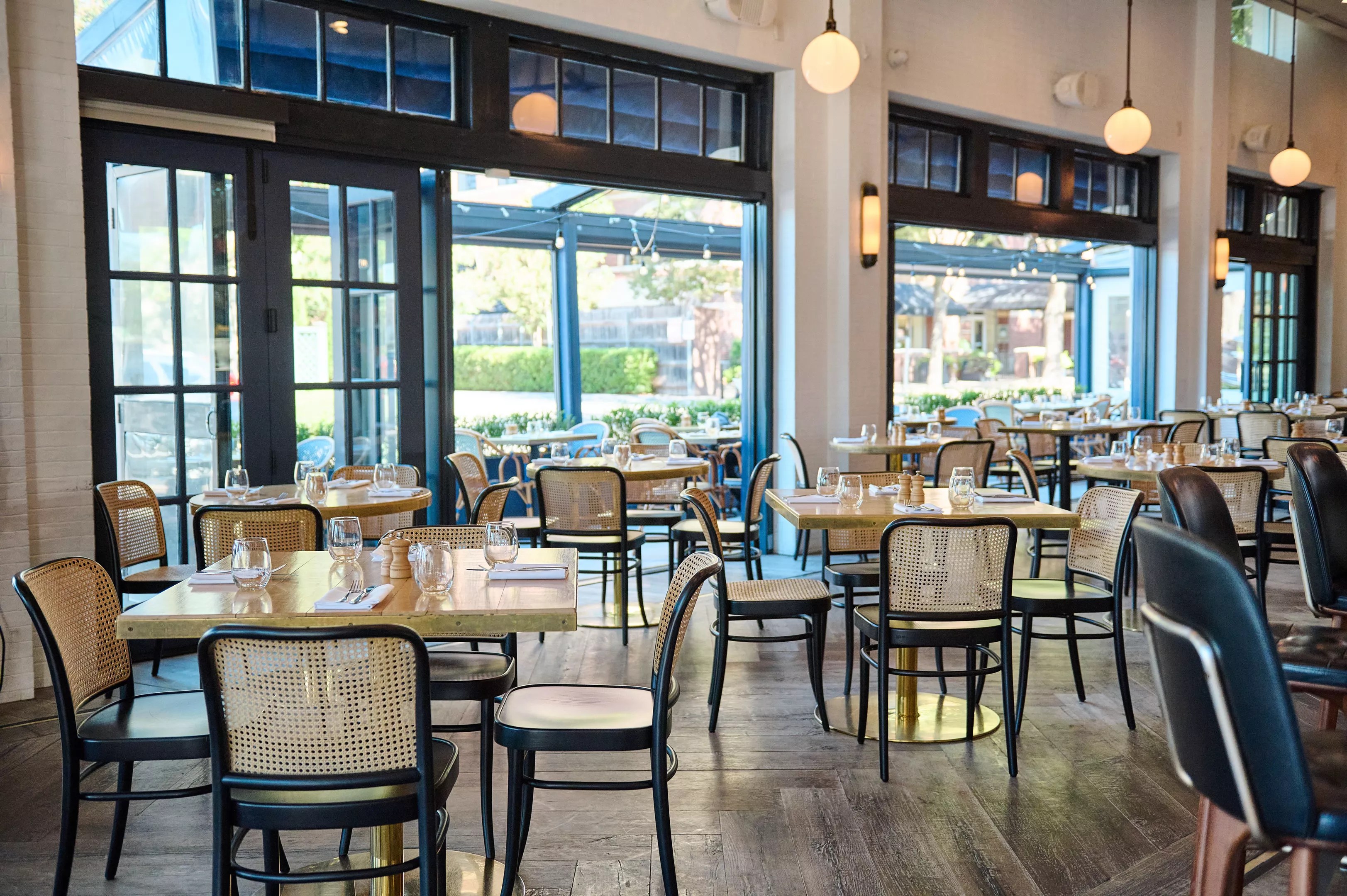
Alison McLean

Audio By Carbonatix
It’s officially happening. A major step in AI domination is unfurling right before our hungry eyes. It (or they? or the overlords?) has/have figured out the easiest path to the human mind: through the stomach.
Last week the online restaurant reservation hub OpenTable announced that it is collaborating with ChatGPT to help you find your next meal.
“We’re proud to be the first brand to bring restaurant recommendations to ChatGPT – aka the internet’s favorite chatbot – via its newly launched plugins,” a press release stated.
We recently asked ChatGPT for pizza recommendations in Dallas. It got awkward. In fairness, the recommendations aligned with some of our very own preferences, but then it also suggested restaurants that weren’t actually in Dallas. When we questioned the error, it quickly admitted its mistakes, which could be a sign of an endearing new quality on the internet.
With this collaboration, however, instead of fellow diners lighting the path with yellow stars to favored restaurants, OpenTable will use ChatGPT to parse through the millions of data points to predict, or suggest, where to get tapas next Tuesday. This brings up a good chicken-versus-egg paradigm: Without all those reviews and words there wouldn’t be text for ChatGPT to sift through. So, is ChatGPT recommending restaurants, or are we?
Regardless, reviews from users like the ones found on OpenTable and Yelp have big implications for businesses. When a restaurant’s rating rises or falls even a half-star it has a monetary impact.
The New York Times recently looked at fake online reviews in an article titled, “Five Stars, Zero Clue” and the big business of beefing up ratings. Reporter Maria Cramer looked at how third parties pay writers for reviews of places they’d never set foot in. But, clearly neither has ChatGPT.
And there’s another issue: How will ChatGPT deal with fake reviews? Perhaps these suggestions from AI have to be taken with a dash of Maldon sea salt flakes.
Could AI Replace Restaurant Reviews?
Harvard Business Review postures that “AI should augment human intelligence, not replace it.” The publication proposes a “new diversity” by which teams of humans and non-humans work together to, say, pick where you should take your daughter for her 18th birthday dinner.
When we asked ChatGPT this question, the suggestions were Uchi, Pappas Bros. Steakhouse, Town Hearth, Lucia or Tei-An. While those are all wonderful options, ChapGPT doesn’t understand the nuance of a budget in the already expensive spectacle of raising an 18-year-old.
Dr. Gopal Gupta is a computer science professor at UT Dallas. He points out that ChatGPT Plus, the platform the service will be available on for now, will “recommend” restaurants, then help book a table.
“If they use ChatGPT Plus directly for this purpose, there are chances that it may recommend a restaurant that may be far away (potentially even thousands of miles away). It may recommend a nonexistent restaurant, as it can make up restaurants. It all depends on how they build their system,” Gupta says.
He thinks it’s hard to say how it will turn out, “but if they are directly using the existing ChatGPT system, then sometimes there may be surprises for their customers.” Surprises, meaning mistakes.
Separately, Gupta and his colleagues conducted their own experiments at UT Dallas using GPT-3-powered Bing for restaurant recommendations within 2 miles of campus, and half of the recommended restaurants were 15 to 20 miles away.
Either way, you’ll soon be able to test it out.
To use the technology, you’ll need to install plugins into ChatGPT, which is limited to just developers and insiders right now. A demonstration of the technology from the co-founder of OpenAI (ChatGPT’s parent company), Greg Brockman, shows that after installing plug-ins he asks for reservations for a great vegan restaurant for Saturday, then a recipe for Sunday, a calorie count for the meal, and finally to put all the ingredients into Instacart and order them. Done in five seconds.
The OpenTable integration will start with ChatGPT Plus subscribers. After additional testing, it will roll out to more people. In the meantime, you can keep up with the rollout on OpenTable’s Instagram.